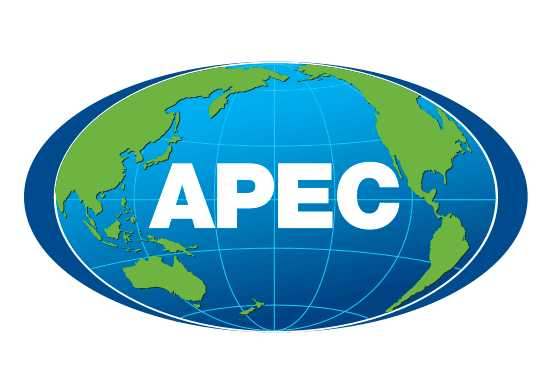APEC Leaders Agree on Food Security

Leaders of the Asia Pacific Economic Cooperation (APEC) forum issued a declaration with agreements on food security in San Francisco, United States.
In the document, leaders of the 21 member economies commit to fully implement the Roadmap for Food Security by 2030 as a pathway to making their agri-food systems more resilient, productive, innovative and sustainable, while recognizing that there is no one-size-fits-all approach to agricultural sustainability.
They also reaffirmed their commitment to work for the sustainable management of agricultural, forestry and marine and fisheries resources, including combating illegal, unreported and unregulated fishing, and emphasized the relationship between open and undistorted agri-food systems, climate change and food security and nutrition.
Leaders reaffirmed the importance of agricultural productivity, international trade and the prevention and reduction of food loss and waste in food security, and said they will increase their efforts to ensure food security and nutrition.
APEC
Leaders also agreed to continue and encourage efforts to triple global renewable energy capacity through existing targets and policies, as well as demonstrate similar ambition with respect to other zero- and low-emission technologies, including abatement and phase-out technologies, in line with national circumstances by 2030.
To stimulate the transition to and investment in low- and zero-emission transport in the region through various pathways, leaders will continue efforts to accelerate the transition to low- and zero-emission vehicles; sustainable aviation fuels; and the decarbonization of low- and zero-emission shipping and ports.
APEC economies remain committed to improving the quality of life for all their people and creating a resilient and sustainable future for all.
To do so, leaders agreed to continue to advance and support gender equality, as well as the economic inclusion and empowerment of MSMEs, the workforce, women, youth and other groups with untapped economic potential, such as Indigenous Peoples, as appropriate, people with disabilities, and those in remote and rural communities.


